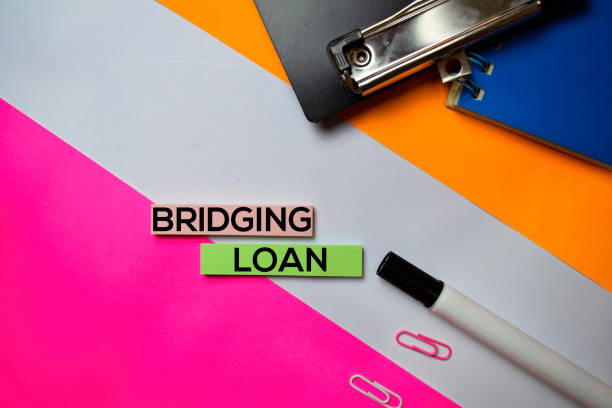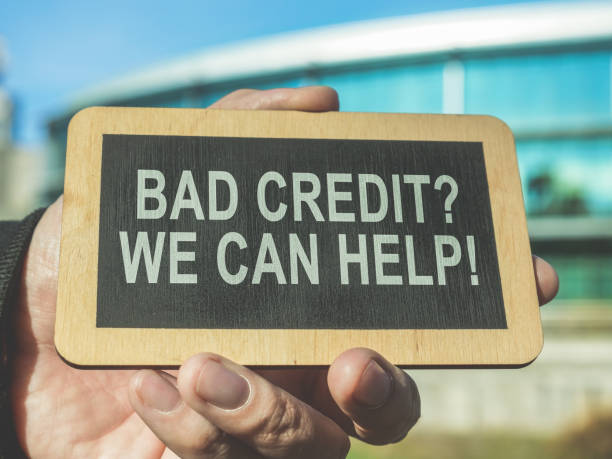
Combining your debts into one payment seems to be an effective solution when you are juggling multiple debts. Still, there are various factors you should take into account before you finalise your decision. There are numerous methods to deal with your mounting debts, and the most popular strategies include debt avalanche and debt snowball. Still, in some cases, consolidation seems to be the only solution.
If you are looking to consolidate your loans, you must have a good credit score. This is no longer an option if your credit score has already faced the low. Further, lenders do not become willing to combine your debts if they add up to a significant amount.
These loans are personal loans, and therefore, the risk is exceptionally high on the part of a lender. If you fail or refuse to pay off the loan, they do not have the right to repossess any of your assets to liquidate to get their money back.
Consolidation loans can be very expensive even though your credit score is up to snuff. Here are the factors that you should keep in mind before moving forward with these loans:
- Check your debt status
Loans are not as bad as you think. One of the most significant benefits of debts is you can make big purchases when you do not have a budget to pay for them outright. Moreover, you can build your credit score provided you pay down all instalments on time, but debts are bad for your financial health if you accumulate them.
If you have decided to consolidate your loans, you should reflect on your overall debt situation. Find out the cause for falling into debt.
- Did you take on more than you could repay?
- Was that a consequence of your overspending?
Knowing the exact cause of being up to your neck in debt is paramount as you cannot do up your situation otherwise. For instance, if overspending was the cause for taking on too much debt, there is no point combining your debts into one large loan as you will keep borrowing money and never turn it off.
- Check your credit score
Do not forget that a lender will check your credit score before merging your loans. If it is bad, it does not mean you cannot qualify for it, but debt consolidation loans in the UK for bad credit people are quite expensive. Further, not all lenders will be willing to sign off on your application. Make sure your credit score is in a favourable condition.
Hard inquiries will be made on your credit report so that you will see a further drop in your credit points. Unless you start making payments, it cannot bounce back. In the meantime, you will not be in a situation to borrow money.
- Consider your income
You cannot rest on your laurels if you have got the nod for a consolidation loan. You will make monthly payments, but the repayment term will not be extended. It means you will have to pay a significant instalment.
You should carefully analyse whether you will be able to stick to payments throughout the term without compromising on your other expenses. Until you settle your debt, you may have to whittle down your discretionary expenses. Try to live off a bare-bone budget. Your first priority should be having enough money to get rid of ugly debt.
If you suspect that you cannot make ends meet, grab some more work. A side gig or a part-time job will likely help you get some money that you can exclusively use for the payment of your debt.
- Calculate the risk involved
Do not throw caution to the wind while opting for consolidation loans. Make sure you know all the risks involved in using these loans such as:
- The cost of the debt will be even higher if you choose a longer repayment period.
- The processing fees and monthly fees can be high. It makes sense to compare these charges.
- Your lender can ask you for collateral if the borrowing sum is too high. You can lose it if you fail to repay the debt.
Weigh up all the pros and cons before you officially put in the application.
- Research and pick the right lender
There are several lenders providing consolidation loans. Interest rates charged by them cannot be the same across the board. While some lenders charge the monthly fees, others do not. This can make a significant difference in the cost of the loan.
It is always suggested that you compare interest rates and fee structure before applying to any lender for these loans. Check customer reviews, as you will get better clarity about the lender you are looking to apply from.
- Work on your financial habits
There is no point in consolidating your debts if you cannot work on your financial habits. If you keep overspending money or falling prey to impulsive buying, you will never be able to get out of the debt. You will instead get deeper into it.
- Create a budget to stay on top of your expenses. Use budgeting apps.
- Set small financial goals and try to achieve them.
- Create an emergency cushion so you do not have to use no guarantor loans in case of emergencies.
- Build a sinking fund for planned expenses.
By improving your financial behaviour, you can easily have full control of your finances.
- Have a backup plan
Even though you have opted for a well-planned repayment plan, there is always a scope for uncertainty. You can lose your job or some big expenses can catch you unawares. You should have a backup plan so you do not have to retreat from repaying the debt.
The bottom line
Debt consolidation loans seem to be an effective solution, but there are some risks involved. It is advisable to check all the pros and cons of these loans before applying.

Jessica Rodz is the Senior Content Writer at Cashfacts. She has a long career in the field of content writing and editing. Jessica has the expertise in the UK lending marketplace where she has worked with 7 different lending organisations and acquired many responsibilities from preparing loan deals and writing blogs for their websites.
At Cashfacts, Jessica is managing a team of experienced loan experts and doing a major contribution in guiding the loan seekers via well-researched blogs. She has done graduation in Business (Finance) and now currently doing research papers on the UK financial sector.





